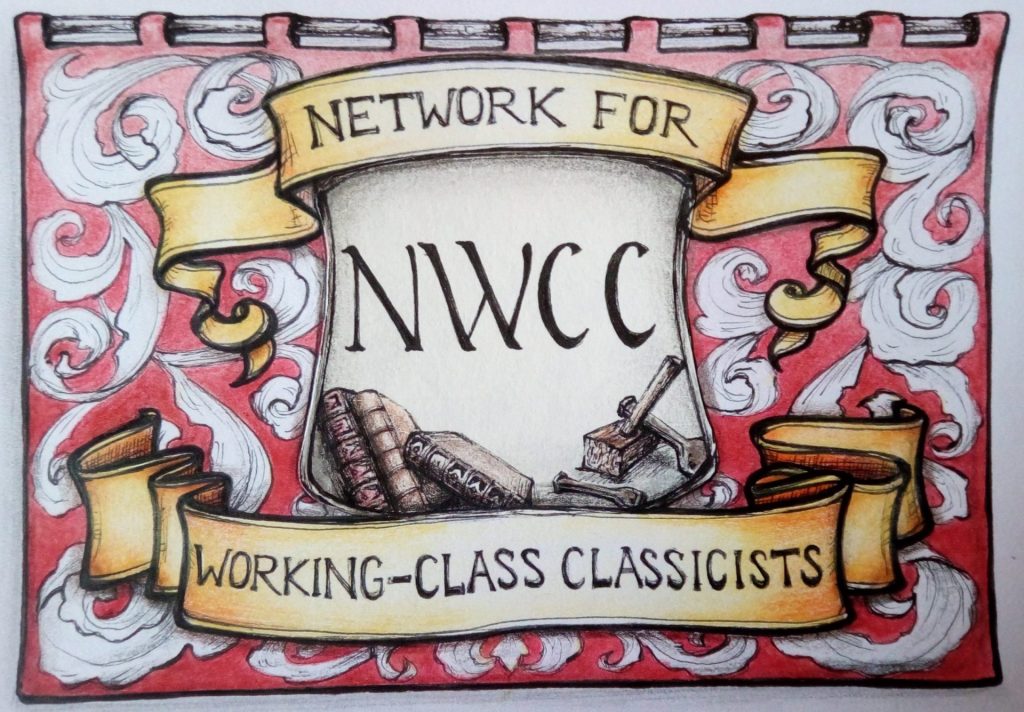Class is not a protected characteristic in the Equality Act 2010. Class is not necessarily visible, and it is not always talked about. But class plays a crucial role in access to university and the university experience. The class divide is particularly evident in Classics. And it is particularly evident now, when ‘Classics poverty’ in state schools is becoming more and more critical, and trends towards increased university access for working-class students have stalled or even reversed. Widening participation initiatives seek to address the class imbalance in university admissions, but what happens when working-class students get to university? What do working-class postgraduates experience? How do working-class academics fare? Underrepresentation, lack of fit, imposter syndrome, being caught between two worlds, a sizeable class pay gap, even self-elimination from the discipline. Working-class origins affect not just getting in but also getting on.
The 2020 CUCD report on Equality and Diversity in Classics shows that more work needs to be done on challenging class bias. On creating more networks of support between under-represented groups. But how do we bring working-class classicists together, when supposedly ‘we’re all middle class anyway’ as soon as we enter the hallowed halls of university? This line of argument is one of the most insidious ways in which working-class Classicists are assimilated or misrecognised. Because it is not just about where you are; it is about where you come from.
When working-class students do get to university, do come to study Classics, they find barriers. Financial barriers; cultural and social barriers, barriers to do with ‘fit’ in institutions that are alien spaces, modelled on, and dominated by, the middle-class experience.
It is essential for working-class students to have role models to make them feel they belong at university. In order for widening-participation initiatives really to be successful, these students need to see success stories, to relate to someone and have their own circumstances understood. We need more working-class academics in Classics.
But this is a struggle too. For those that do go on to postgraduate study and careers in the discipline, the barriers are still there. There’s the lack of financial resources to navigate precarious contracts. There’s no ‘Bank of Mum and Dad’, too little funding, and too many points where we might fall through the cracks. There are behavioural codes to master and demands to ‘tone it down’. There’s the lack of role models and mentors from a similar class background. And there’s the sense of social displacement and estrangement that comes with our new lives.
So we need to talk about class. We need to build a discipline in which class assimilation is not the only way for working-class Classicists to get on. In which they are acknowledged and welcomed, rather than made to feel like outsiders in need of being ‘civilised’. But while many kinds of diversity are now celebrated in academia, there is no equivalent celebration of working-class intellectuals. Why? Why do we not talk about class, and why do we not talk about it alongside the protected characteristics? An intersectional lens that acknowledges the importance of class is key also when looking at gender, race and ethnicity. The EDI agenda needs to look at the whole picture – and it can’t do that until we have class firmly on that agenda. This is the aim of the Network for Working-Class Classicists.










 Stumble It!
Stumble It!

No comments:
Post a Comment